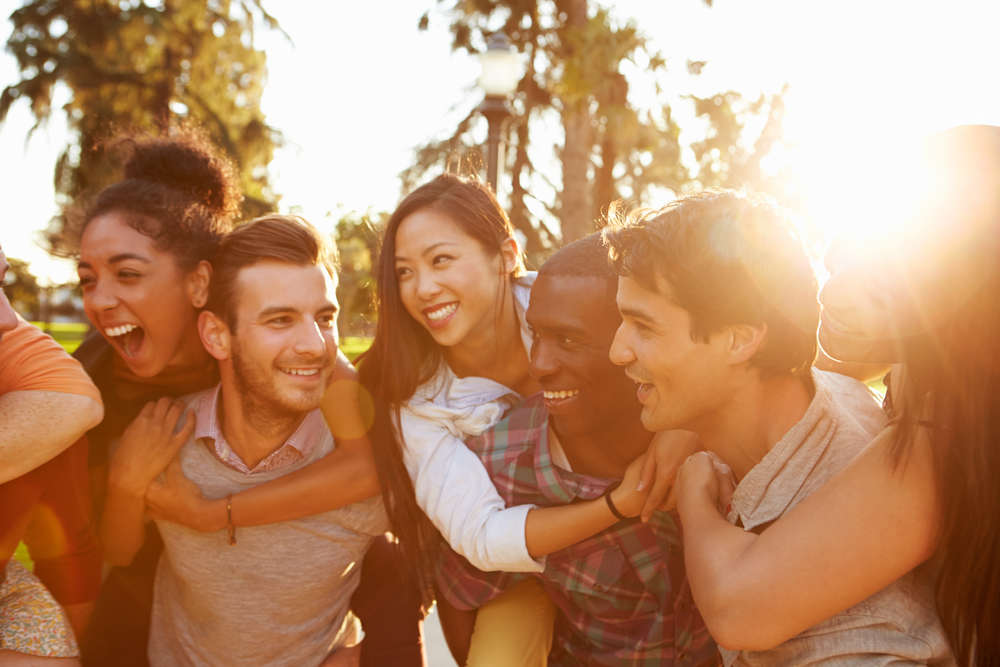I am one of the people who try to make life easier for others and help. I do it all year. Not only me. There are many people who help people. Most of them have a deep interest in making life easier for others, in being helpful, in being present in the lives of those who need them most. It comes from within us because we are genetically configured to be part of a tribe, to group together, to help each other and to be a team. That is why we have survived.
The month of December with Christmas is a month that awakens dormant values in many people that, during the year, due to the rush, the rhythm and the very irascibility that the busy life syndrome generates, they are not able to make room for them. For many, Christmas is a farce, a few days in which we try to show our best face, our friendliest side. Days in which you give more tips, bonuses, help, participate in solidarity markets, buy lottery for charity and donate toys and gifts for those who need them most. Many people wonder if this side of solidarity could not be present all year round, why do we reserve it only for Christmas days. And it is true. I wish we all pitched in 365 days. But for those who for whatever reason cannot do it, because they forget, do not fall for it, Christmas is a wonderful time to bring out all the goodness that they carry inside. Christmas dates are better than nothing. Like if you get to show your pretty side on Halloween. It does not matter,
Did you know that, among other advantages, helping others helps you yourself? Our neurotransmitters and hormones, such as oxytocin, increase. Oxytocin is the hormone of love and compassion. We feel well-being by helping other people. And this happens because it is the way that we strengthen those altruistic behaviors. If helping left us indifferent, we would stop doing it. And then we would become extinct.
For all those people for whom helping others is a goal for 2023, I will briefly explain the five reasons that favor altruistic or prosocial behavior. Knowing the basics of what favors being a facilitator and helping, we can still maintain prosocial behavior throughout the year and not just at Christmas.
1. Empathy and moral responsibility
The ability to put ourselves in the place of another person’s suffering and pain triggers our altruistic attitude. Moral responsibility is based on internalized moral values. Empathy can become so high that there are people who expose themselves to the suffering of other people in order to free others from theirs.
During the pandemic, several studies were carried out on this topic and it was confirmed that stimulating empathy favored compliance with rules and restrictions.
2. Affability
Affable people seek to live harmonious relationships and environments, without conflicts, friendly. They are not very dominant people, who make balance and kindness prevail over winning battles or being right. Affable people tend to be highly empathic and trust others. Their interest in the well-being around them and their trust in people also leads them to have the habit of interpreting well.
3. Identification and feeling of belonging

Words like group or team, feeling identified as part of a group, leads us to be more altruistic. When we feel part of something, what we save is “ourselves”. Because we act like us, not like them. This is surely the reason why we tend to give more visibility or help to conflicts that we understand to be closer, with which we feel more belonging, than conflicts that we see less close to us due to their culture, religion or distance.
4. Overcoming dangers
Joint experiences unite us, especially when it comes to anticipating and facing dangers. The experience of crisis and danger has been shown to promote the idea of “we”. For this reason, in the face of crises, our most altruistic side usually comes out.
5. The feeling of admiration
Several studies have shown that the feeling of admiration and amazement, for example, for beautiful and impressive phenomena of nature leads us to be more altruistic and better preserve and care for it. The idea of being a small part of a whole that we feel proud of and admire, awakens solidarity, help and altruism.
I leave you this wonderful phrase from the poet Erich Kastner: “There is nothing good unless it is done.” Between all of us we can do wonderful things if we dedicate part of our time to taking care of others.
